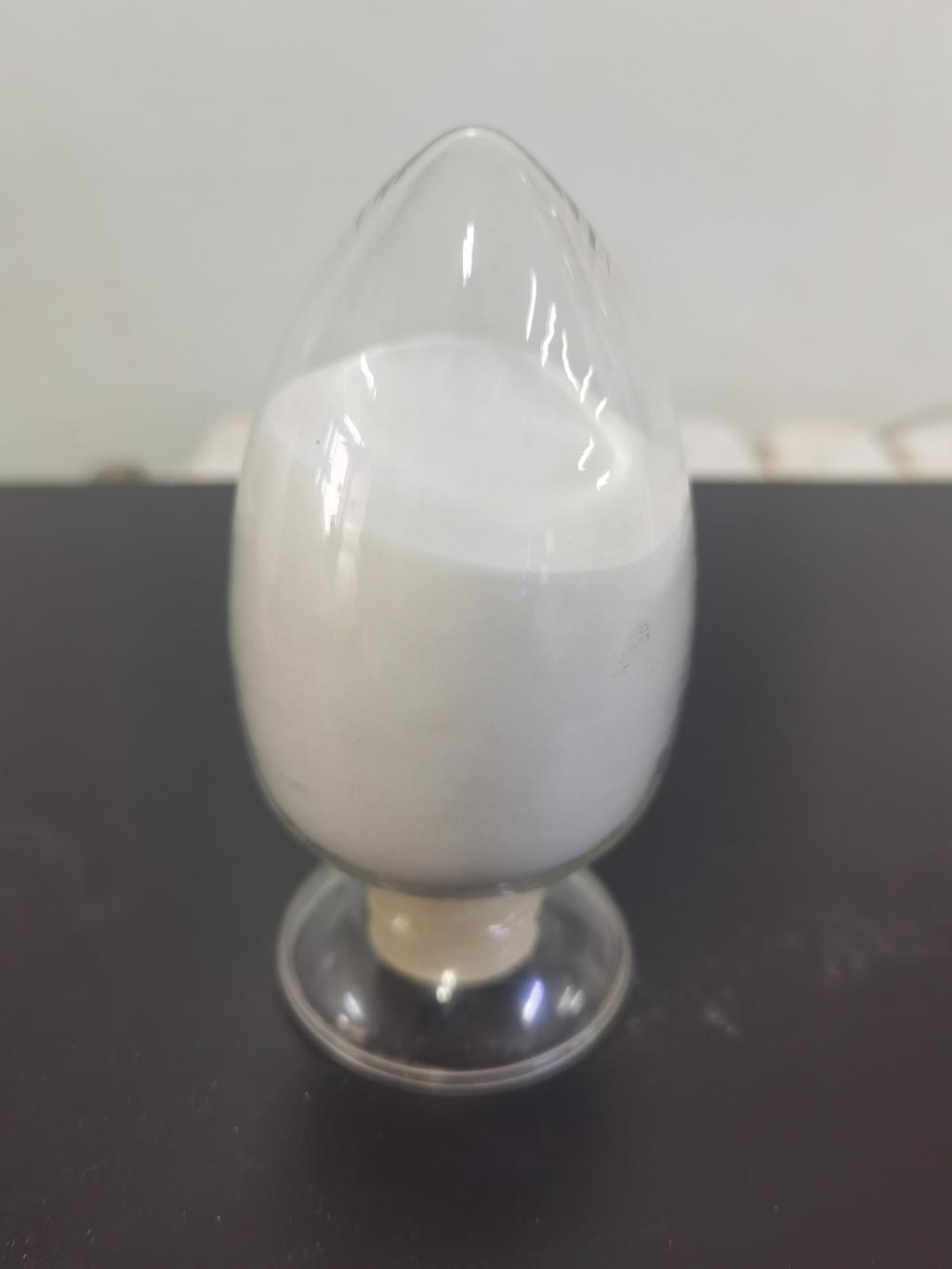Tel:+8618231198596

News
 CONTACT
CONTACT
 CONTACT
CONTACT
- Linkman:Linda Yao
- Tel: +8618231198596
- Email:linda.yao@dcpharma.cn
- Linkman:CHARLES.WANG
- Department:Overseas
- Tel: 0086 0311-85537378 0086 0311-85539701
News
ε-Polylysine Hydrochloride: Potential Applications in Aquaculture.
TIME:2024-06-12
Antimicrobial Properties:
ε-Polylysine hydrochloride is a cationic antimicrobial peptide composed of multiple lysine residues linked by peptide bonds. It exerts its antimicrobial activity by disrupting bacterial cell membranes, leading to leakage of intracellular contents and cell death. ε-PL has been shown to have broad-spectrum activity against Gram-positive and Gram-negative bacteria, fungi, and some viruses. Its effectiveness against aquatic pathogens makes it a promising alternative to traditional antimicrobial agents in aquaculture.
Potential Applications:
Disease Management: ε-PL can be used to control bacterial and fungal infections in aquaculture. By incorporating ε-PL into fish feeds or applying it as a water treatment, aquaculturists can reduce the incidence and severity of diseases caused by pathogens such as Vibrio spp., Aeromonas spp., and Flavobacterium spp.
Water Quality Improvement: ε-PL has the ability to inhibit the growth of planktonic bacteria and algae in aquaculture systems. By reducing microbial load and algal blooms, ε-PL can help maintain water quality parameters such as dissolved oxygen levels, pH, and ammonia concentrations, thereby creating a healthier environment for aquatic organisms.
Biosecurity: ε-PL can serve as a biosecurity measure to prevent the introduction and spread of pathogens in aquaculture facilities. By treating incoming water sources or disinfecting equipment and surfaces with ε-PL, aquaculturists can minimize the risk of disease outbreaks and maintain a biosecure production environment.
Effects on Aquatic Organisms:
Studies have shown that ε-PL is generally safe for aquatic organisms, with low toxicity and minimal adverse effects on fish, crustaceans, and other aquatic species. Unlike conventional antimicrobial agents, ε-PL does not accumulate in the environment or contribute to antimicrobial resistance, making it an environmentally friendly option for aquaculture.
Challenges and Considerations:
Despite its potential benefits, the widespread adoption of ε-PL in aquaculture faces several challenges and considerations. These include the cost-effectiveness of production, regulatory approval for use in aquaculture, compatibility with existing production systems, and potential interactions with other aquaculture inputs and practices. Addressing these challenges will require further research and collaboration among industry stakeholders, academia, and regulatory agencies.
Future Directions:
Future research should focus on optimizing ε-PL formulations and delivery methods for aquaculture applications, conducting efficacy trials under field conditions, assessing the long-term effects of ε-PL on aquatic ecosystems, and evaluating its potential synergistic effects with other aquaculture inputs such as probiotics and immunostimulants. Additionally, efforts should be made to educate aquaculturists about the benefits and best practices for using ε-PL in their operations.
Conclusion:
ε-Polylysine hydrochloride holds great promise for applications in aquaculture, offering effective solutions for disease management, water quality improvement, and biosecurity. As a natural and environmentally friendly antimicrobial agent, ε-PL addresses the growing concerns about antimicrobial resistance and environmental pollution associated with conventional aquaculture practices. By harnessing the antimicrobial properties of ε-PL, aquaculturists can promote sustainable and responsible aquaculture practices while ensuring the health and welfare of aquatic organisms and the integrity of aquatic ecosystems.
- Tel:+8618231198596
- Whatsapp:18231198596
- Chat With Skype







